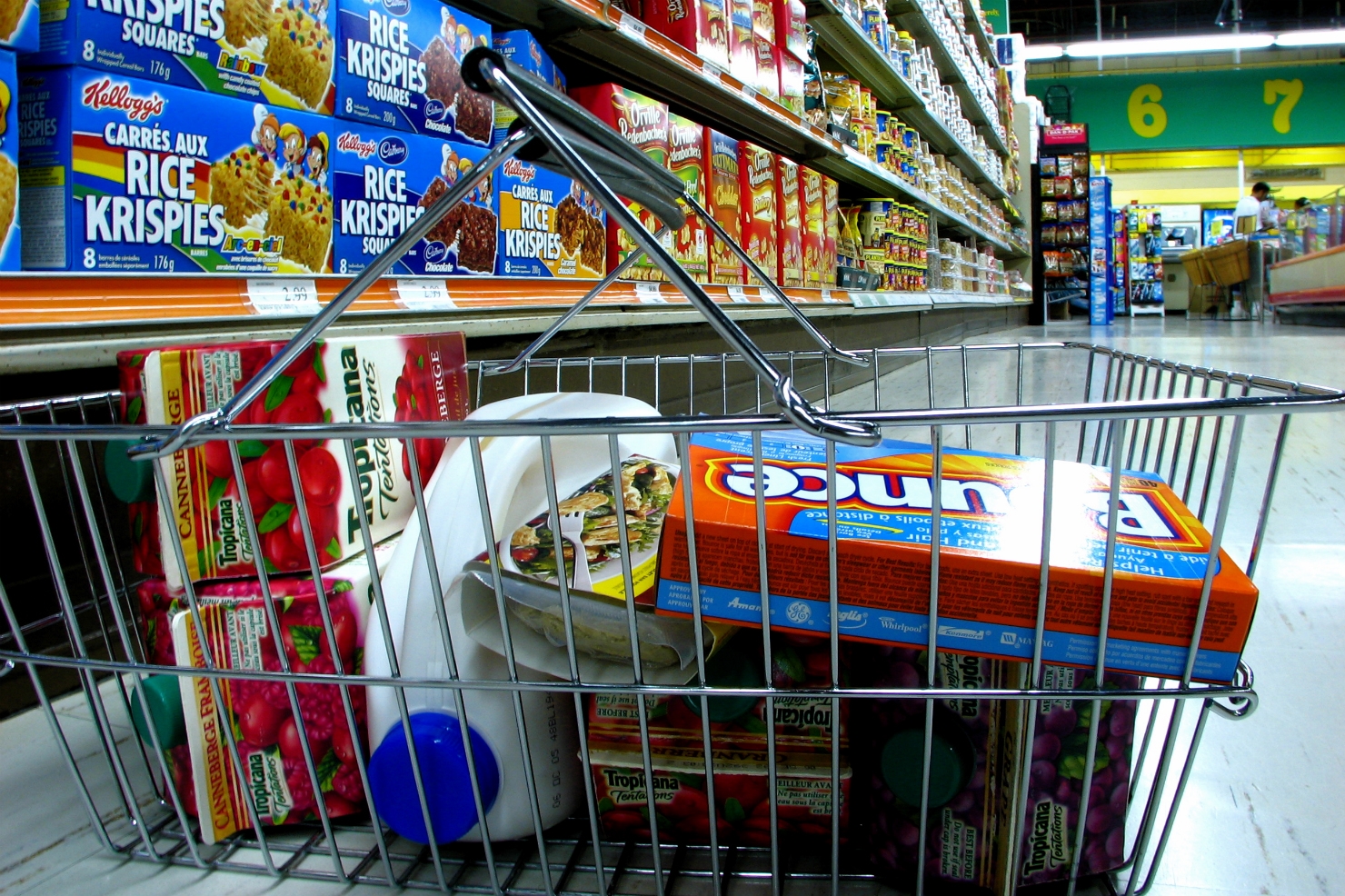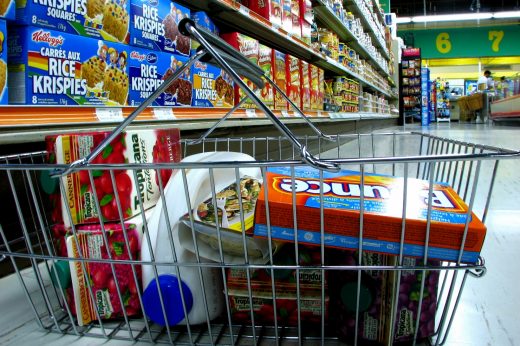Fetch Rewards Raises $9.6M, Expands Grocery Shopping App


[Updated 9/7/17 7:57 p.m. See below.] Fetch Rewards, a Madison, WI-based startup whose two mobile apps are aimed at providing discounts and rewards for buying food, beverages, and other items, has raised more than $ 9.6 million in equity funding.
Loeb Enterprises, a New York-based investment group that focuses on the marketing and media industries, led the funding round, says Fetch Rewards co-founder and CEO Wes Schroll. One other investor participated in the round, according to a regulatory filing, though Loeb was the only participant Schroll would name. [Updated throughout with information from Fetch Rewards CEO Wes Schroll.]
Fetch, which was founded in 2014, has now raised nearly $20 million in equity and debt financing, Schroll says. He declined to comment on the valuation Fetch received as part of its latest round of funding, or reveal what the company’s revenues were in 2016.
Up until this year, Fetch was known best for a smartphone app that lets users scan items’ barcodes as they shop. After certain products are scanned, the app offers discounts on related items—half off a bottle of mustard after scanning a ketchup bottle, for example. Once customers are ready to check out, they go to the front of the store, where there’s a special lane for Fetch users. The app produces a single barcode that the checkout person scans, rather than having to scan each item individually, and customers pay for their items.
Fetch’s system is in use at over 50 stores, and another 120 will begin using the software next month, according to a recent Forbes report. Schroll says that users have spent more than $50 million on groceries via the app since it launched.
The in-store, barcode-scanning side of the business, known as “Shop Fetch,” has not gone away. But in February, Fetch introduced a second app (it’s name is just “Fetch Rewards”) that functions as a paper receipt-based rewards program, Schroll says. Each of the apps is available for both iOS and Android devices.
Fetch says that users can scan grocery receipts “from any store” using the startup’s app. If the app finds the user purchased products sold by one of the dozens of brands Fetch works with—which sell everything from potato chips to toiletries to beer—and the products are eligible for the rewards program, the app awards points to the user. Similar to the rewards programs many credit cards offer, these points can be redeemed for gift cards at retailers like Amazon (NASDAQ: AMZN), Macy’s (NYSE: M), and Sephora.
Schroll says that users of the Fetch Rewards app only need to take a single picture of a receipt using their mobile device, rather than going line-by-line putting in each item of a purchase. The startup’s technology uses optical character recognition to pull data off of receipts, he says.
There are already a handful of free mobile apps—such as ReceiptPal, Ibotta, and MobiSave—allowing users to scan receipts from supermarkets and other stores, and receive cash back and other perks. Time will tell if Fetch’s new offering gets major traction, but the company has already signed up household names like Kraft Heinz (NASDAQ: KHC), MillerCoors, and Dove for its customer rewards program. A possible advantage for Fetch could be the relationships it has formed with grocery stores. For example, one could envision them offering rewards or future discounts to users who buy a certain amount of goods and use Fetch’s app to scan their receipts.
The startup’s new funding round and expansion into receipt scanning come amid discussions of how technology will shape the future of grocery shopping. Amazon’s $13.7 billion acquisition of Whole Foods, announced earlier this year, figures to give the e-commerce giant yet another avenue to track the spending habits of its ever-expanding customer base.
Schroll says the deal didn’t come as all that much of a surprise to him.
“We knew Amazon was going to come into the [grocery] space in one way or another and we’d been waiting a while for them to make their move,” he says. “Everyone is realizing … technology is going to be need to be utilized in-store and [supermarkets] need to have more data on customers to truly be able to compete with a company as formidable as Amazon.”
Fetch currently has 65 employees, Schroll says.
While the startup remains a relatively small player in this evolving industry, a new round of funding and a growing roster of customers and partners could signal that Fetch is well-positioned to navigate the shifting landscape. Just remember to save those receipts.
Jeff Buchanan is the editor of Xconomy Wisconsin. Email: jbuchanan@xconomy.com Follow @_jeffbuchanan
(39)













